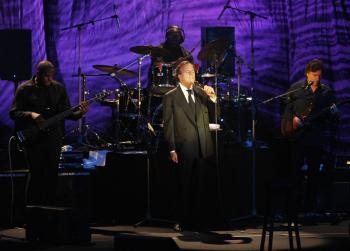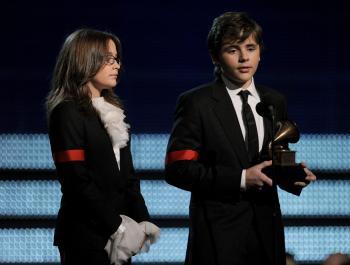Compared with a previous survey around 20 years ago, participants aged 12 to 19 were much more likely to have hearing problems, the study found.
“The prevalence of any hearing loss increased significantly” in teens surveyed between 1988 and 1994, compared with teens surveyed between 2005 and 2006, the study said.
In the first survey, 14.9 percent of teens had experienced a loss in hearing, while during the second survey, that number jumped up to 19.5 percent—a 30 percent increase, representing about 6.5 million U.S. teenagers.
“Teenagers really underestimate how much noise they are exposed to,” Dr. Josef Shargorodsky of Brigham and Women’s Hospital in Boston told Reuters. “Often the individual won’t notice it, but even slight hearing loss may lead to differences in language development and learning.”
The majority of the hearing loss was deemed as slight, which is defined as being unable to hear between 16 to 24 decibels, and usually afflicted only one ear.
However, the study noted that about 5 percent of teens had more significant problems, which is significantly more than the last time the survey was administered.
Although it may seem like the proverbial elephant in the room, researchers did not completely single out earbuds and the rise of iPods as the cause of the increase in hearing loss.
“I think the evidence is out there that prolonged exposure to loud noise is likely to be harmful to hearing, but that doesn’t mean kids can’t listen to MP3 players,” Dr. Gary Curhan of Harvard-affiliated Brigham and Women’s Hospital in Boston told the Associated Press.
However, Dr. Fligor, an audiologist at Children’s Hospital Boston, said that young people, using earbuds, are listening to music “more than twice as long” as previous generations did.
Nearly 3,000 adolescents took part in the first survey and another 1,800 in the second.
Other factors could be detrimental to hearing problems, such as nutrition and exposure to toxins.
“It’s the combination of all the things that we do that are going to take a toll on our hearing, and it’s entirely preventable,” Fligor told the Boston Globe. “Go ahead and do it: Enjoy yourself. Listen to music, go to that rock concert, shoot [guns], but take steps to enjoy it safely.”






